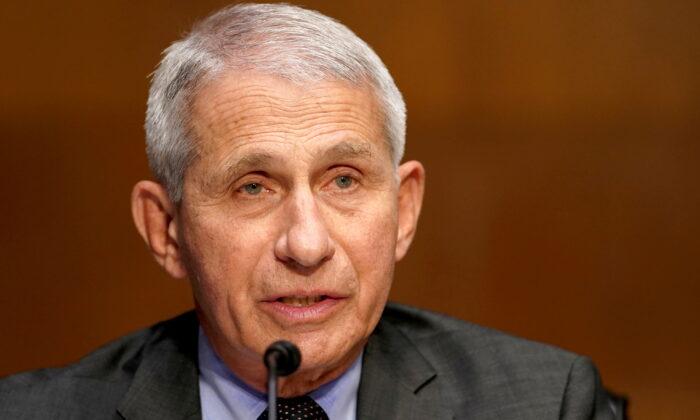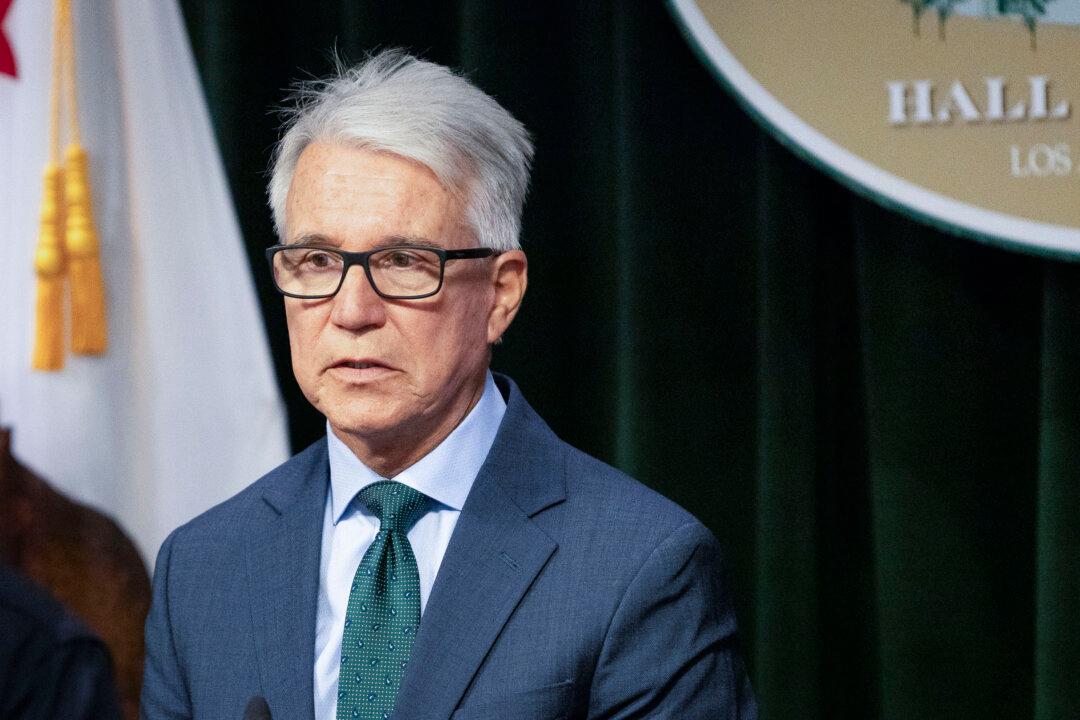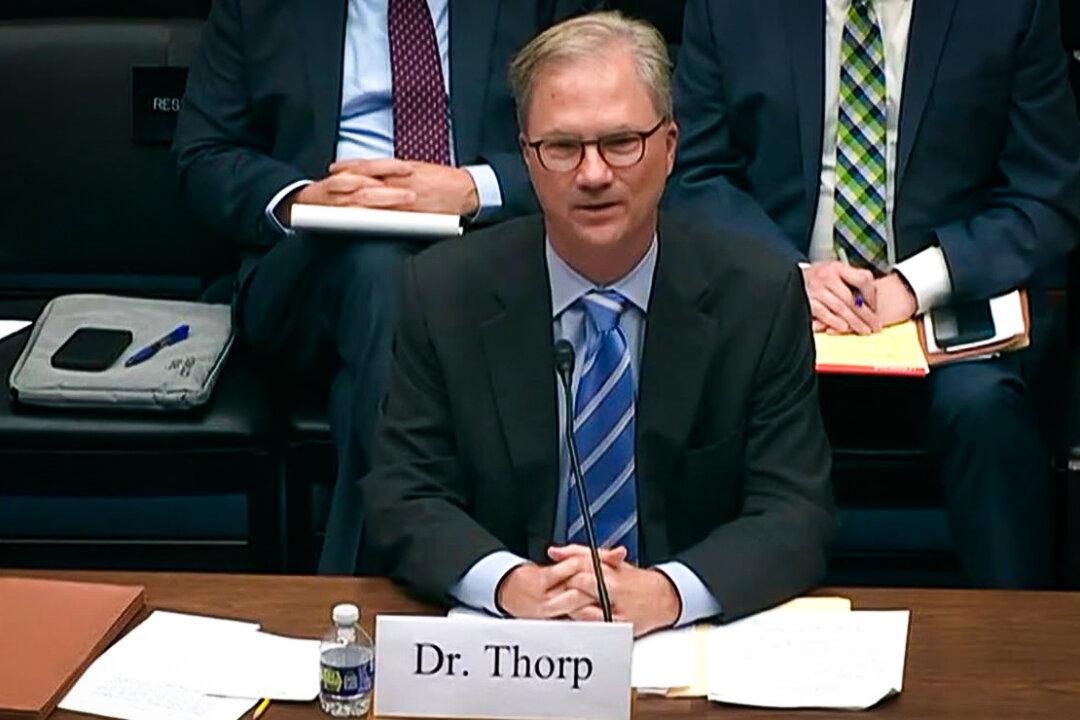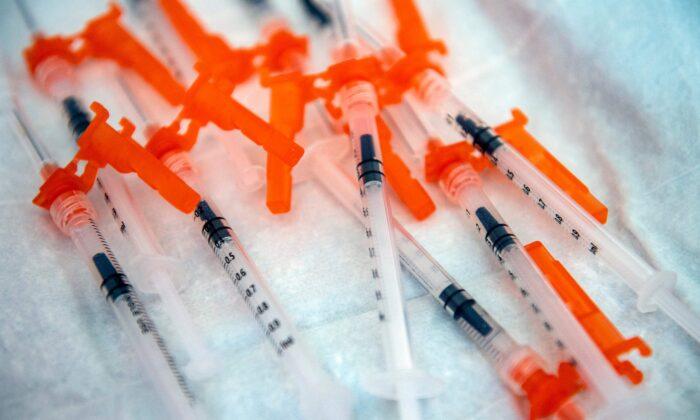The United States is seeing a drop in COVID-19 cases, as well as hospitalizations and deaths related to the disease.
The seven-day average of daily cases was about 92,600 per day as of the end of last week, according to the Centers for Disease Control and Prevention (CDC) data. That was a decrease of 12 percent from the week prior. At the same time, COVID-19 hospitalizations dropped about 11 percent per week, to about 77,080 per day.
Deaths linked to the disease were also down.
The seven-day average of daily deaths was about 1,400 per day, a decrease of about 5 percent from the week prior.
Dr. Rochelle Walensky, head of the CDC, reported the data during a briefing on Oct. 13.
The CDC stated in forecasts updated Oct. 13 that cases, hospitalizations, and deaths are forecast to continue dropping in the upcoming weeks.
Dr. Anthony Fauci, director of the National Institute of Allergy and Infectious Diseases, told reporters he believes the United States is in the second of five stages, with the first being the pandemic phase and the fifth being total eradication of COVID-19.
“There is a point where you get a decline in the acceleration and a turnaround of cases. ... That’s where we are,” he said.
Fauci said it would be “very difficult, at least in the foreseeable future—and maybe ever—to truly eliminate this highly transmissible virus.”
While metrics are dropping, “we’ve got to do better,” Fauci said, arguing that the next stage, “control,” would see a level of CCP virus infection low enough that it doesn’t disrupt society in a meaningful way.
The way to get there, he asserted, is to get more people vaccinated.
“Vaccination is the answer to getting us to control,” he said.
Approximately 66.2 percent of the U.S. population 12 or older have been fully vaccinated against the CCP virus as of Oct. 12, according to federal data.
Fauci and other top Biden administration officials have been laser-focused on vaccinations and have spoken out in support of vaccine mandates, even as some experts say they’re downplaying or ignoring the natural protection people enjoy after recovering from COVID-19.
Martin Kulldorff, professor of medicine at Harvard Medical School, told The Epoch Times recently that one emphasis should be on vaccinating older people, but only if they haven’t contracted COVID-19. And even while pushing vaccinations, states should not impose harsh restrictions, he argued, pointing to Florida as an example of doing well in balancing public health and everyday life.
“The virus will never go away, it will be endemic; we'll always have it with us. It’s always going to kill a few older people every year just like the annual influenza does, but we won’t have these huge waves,” he said.
A combination of immunity from vaccinations and infections will eventually lead to a lower level of spread, he said.






Friends Read Free